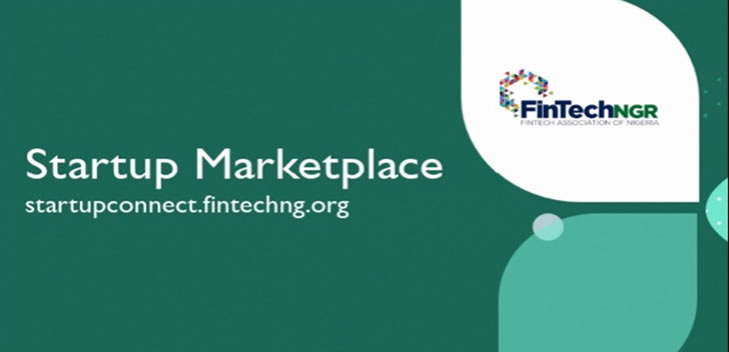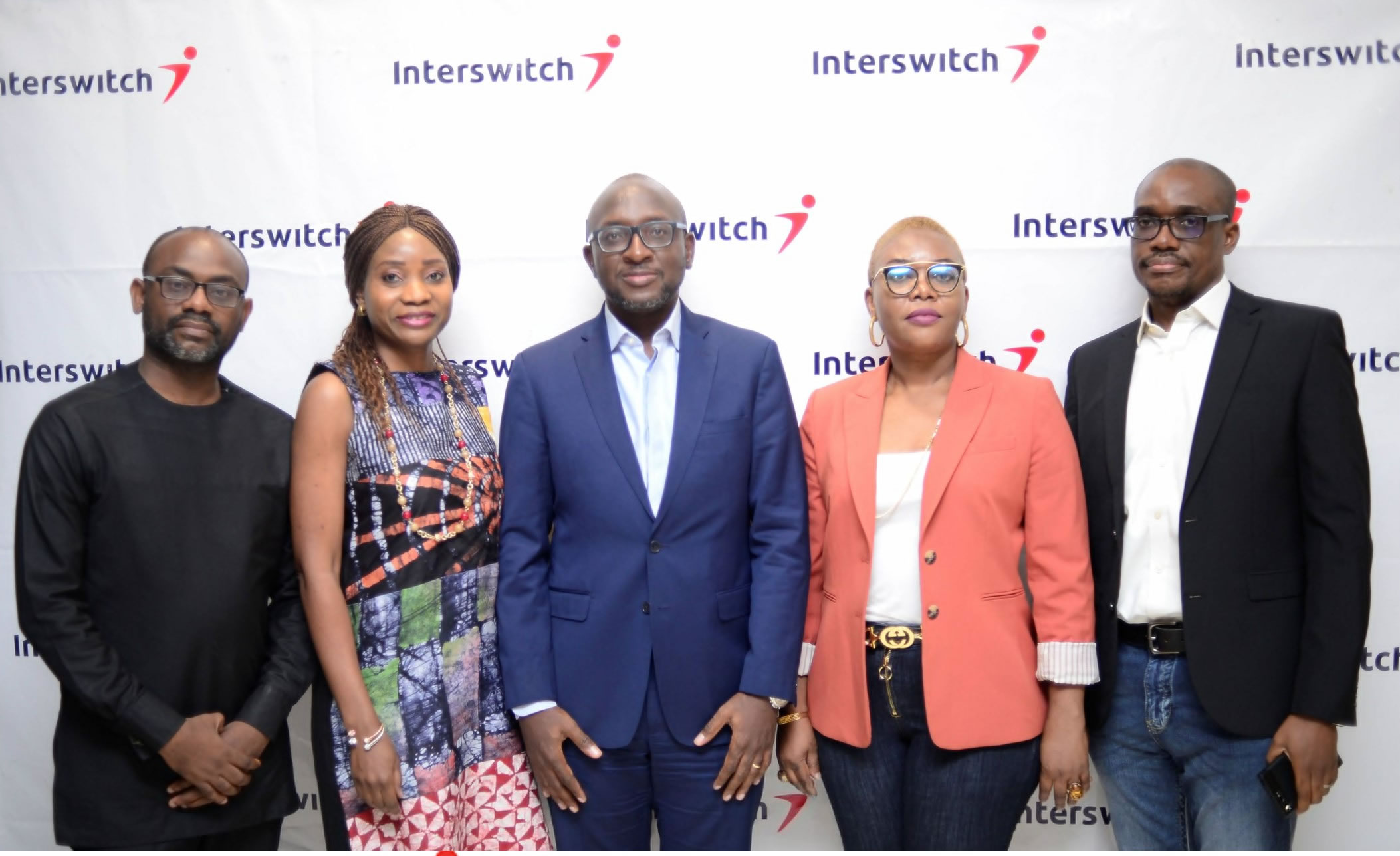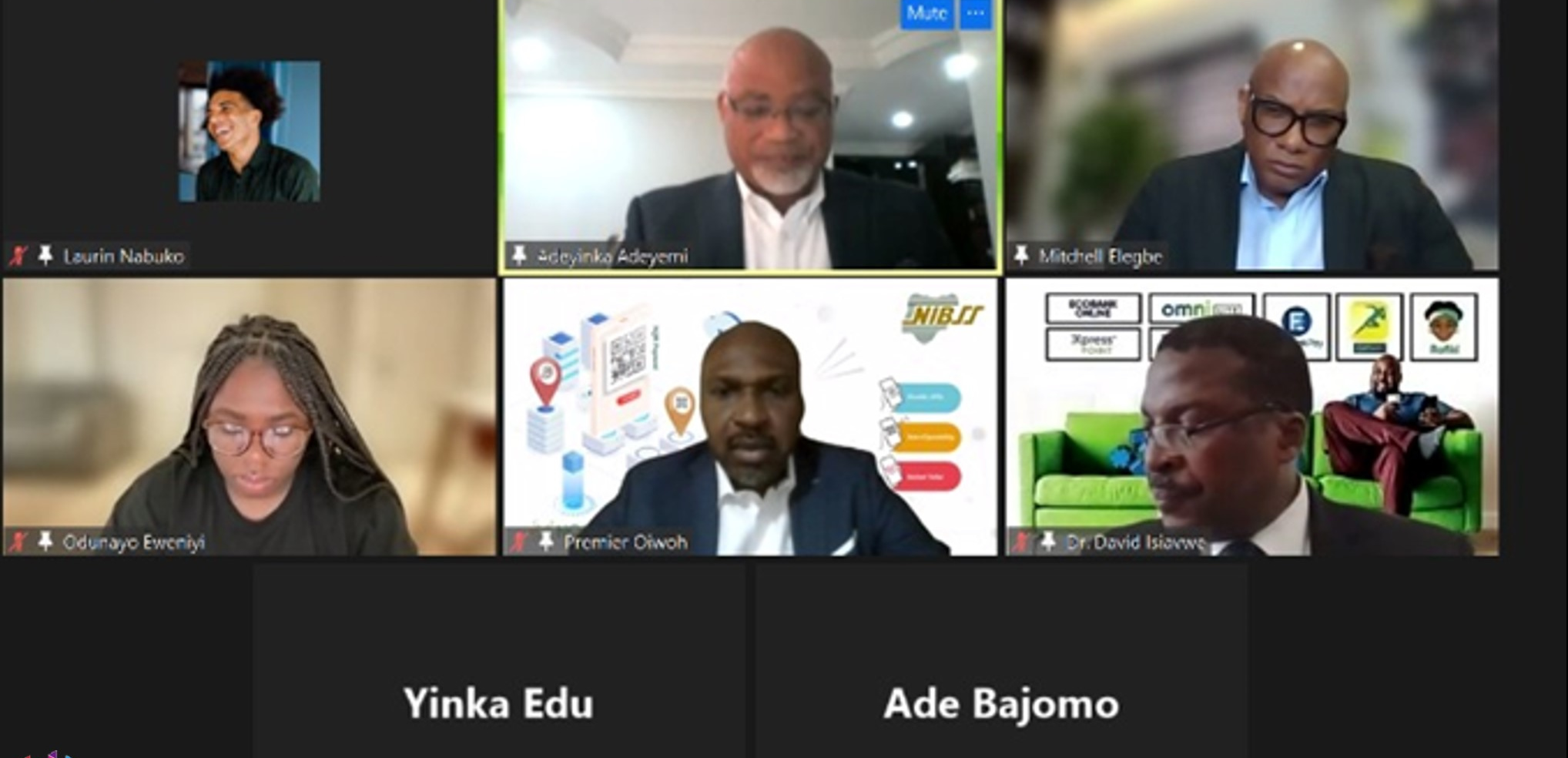Tuesday, March 29, 2022 / 09:46 PM / Op-Ed by Peter Arojojoye / Header Image Credit: Information to Know
A study conducted by Techpoint in 2021 revealed that about $800 million was raised by fintech startups in Nigeria, an amount that is "120% higher than what fintechs raised in the last three years combined ($360.7 million)". This shows a remarkable rise in Venture Capital (VC) firms' interest in the Nigerian fintech space, regarded to be the most favoured sector in terms of Venture Capital investments in the Nigerian technology industry. Remember, in 2019, Visa acquired a minority stake in Interswitch, Paystack was acquired by Stripe for about $200 million in 2020, and most recently, Flutterwave raised $250 million in Series D round in February 2022, a deal which tripled the company's valuation to $3 billion. The Series D round comes a year after the company closed its $170 million Series C funding round.
In summary, 3 out of 5 Nigerian-based tech startups with a unicorn status are fintech companies, namely, Opay, Interswitch, and Flutterwave. But why does the Nigerian FinTech space keep attracting more investments? What problems are these fintech companies solving? These questions and many more will be answered in this article.
Modern Fintech Industry in Nigeria
Financial Technology companies, popularly referred to as fintech companies, are disrupting the financial services industry in Nigeria in several ways. The first frontier of financial services that Nigerian fintechs disrupted was payment processing. Companies in this category of financial technology are payment processing companies such as Flutterwave, Paystack, and many others that make online payments simple, secure, and quick to complete for businesses and their customers. Interswitch had earlier sparked the revolution in the 2000s by enabling the interconnectivity of Nigeria's financial infrastructure, while Paystack and Fluttterwave took this to the next level by creating a payment interface (APIs) that enables customers to pay businesses in Nigeria (and later Africa) from anywhere in the world.
For instance, if you want to buy and pay online for some goods on an online marketplace like Jumia, an application programming interface, popularly known as API, has been embedded into Jumia's website, making the whole payment process easier and faster. All you need to do now is type out the relevant details on your Debit Card and get your payment approved.
Before the dominance of these payment processing companies, online payments in Nigeria were horrible and not user-friendly. The problems back then included the high cost of acquiring a payment processor, high failure rates of transactions involving online payments, the inability of Interswitch's Webpay (the dominant payments processing platform at the time) to function on mobile phones, and the CBN's insistence on tokenization of every digital payment.
However, payments processing companies have made online payments seamless and secure for customers and merchants today.
Digital Wealth Management Platforms
The next market that fintechs revamped was savings and investing. Before now, the savings culture was largely informal, using local practices such as Ajo and Kolo. Fintechs have changed the savings culture of adults in Nigeria, as we now have online savings platforms that have digitised the local savings culture adopted in traditional Nigerian societies. With these fintech platforms, Nigerians now have access to a digital version of the kolo and ajo by downloading a software application on their mobile devices. The typical features that users can get on these platforms include automating their savings, thereby saving daily, weekly, and monthly as the user wishes. Also, these digital wealth management platforms offer customers exciting investment opportunities through which they can earn returns after a specific period. With these platforms, users can manage their spending habits, have a solid savings plan, and meet their financial goals. All these can be done from the comfort of their homes, making it a more convenient means of saving money.
Cross-Border Payments
Cross-border payment has always been a challenge in almost all countries, including the so-called developed ones (for instance, it is one of the problems that brought about the invention of cryptocurrencies). Still, fintech companies have now created products that simplify the process involved in sending money from other countries to and from Nigeria. These fintech solutions help reduce the lengthy period and exorbitant transactional costs incurred by parties to a cross-border financial transaction. According to the World Bank, "the average cost of remittances to sub-Saharan Africa (SSA) was 9.3% of the value of the transaction, compared to the global average of 6.9%". African Export-Import Bank's chief, Benedict Oramah, also noted that cross-border payments "cost us [Africans] about $5 billion in [money transfer] charges each year".
To cater to the payment needs of corporations, merchants, and retail customers in the market, fintech companies like Flutterwave and Paystack have built and are still improving on creating products that can make cross-border payments cheaper, easier, and faster. Also, fintech companies like Lazerpay, Helicarrier, and Fluidcoins have created seamless and borderless payments infrastructure that gives Nigerians the opportunity to accept payments in cryptocurrency. All these products have been launched with the principal aim of simplifying cross-border payments for Nigerians.
Access to Better Investment Opportunities
Beyond solving payment challenges and helping Nigerians improve their savings culture, fintech companies help Nigerians grow their money. Before now, the majority of people residing in Nigeria were only limited to investing their funds on the Nigerian Stock Exchange and a few other investment options. But fintech startups like Bamboo, Trove, Chaka broke the barrier by making it easier to invest in foreign stocks. As such, from the comfort of one's home in a Nigerian city, you can be a proud owner of stocks in Facebook, Amazon, Tesla, and other fast-rising foreign companies.
But that is not all. Other investing avenues and assets are also available, all from the interface of a mobile app. With these digital investment platforms, investors do not have to rely on the old practice of getting a stockbroker to help buy stocks and bonds anymore. These wealth tech platforms have succeeded in democratizing foreign investment opportunities for their customers, thus, allowing customers the chance to earn better returns on their investments; save in dollars or any other foreign currency; and prevent their money from being affected by the unfavourable inflation rate the country has been facing for years now.
Banking-as-a-Service and Open Banking Platforms
While saving, sending, and investing money is cool, there are a number of processes that go on in the backend for any of these to happen. Ideally, customers do not need to know about them, but it is worth mentioning that there are a few financial technology startups that pull these behind-the-scenes strings. One such category of fintech startups is Banking-as-a-Service (BaaS) companies which allow businesses to integrate banking services into their platform. BaaS companies help businesses gain access to more customers, add more features that align with the needs of their customers, build new products faster, and achieve more in terms of revenue.
Aggregation of banking data through a backend process so that customers can easily connect an app they are registered with to their bank accounts is another remarkable impact of fintech companies in Nigeria. This category of fintech is called open banking, with major examples being Okra, OnePipe, and Mono. These companies and many others in the open banking space help solve the challenges involved in facilitating the safe transmission of real-time banking data between banks, financial applications(fintech products), and customers. In other words, these companies are helping to build a financial data infrastructure needed for Nigeria's digital economy to thrive. With the continued rise of financial products in Nigeria and the need for a better customer experience, existing Fintech companies and future fintech companies will benefit tremendously from the data infrastructure provided by companies like Mono, Okra, OnePipe, amongst others.
Digital Lending and Digital Banking Platforms
Aside from the aforementioned fintech solutions, other fintech companies, such as digital lending platforms, offer loans to customers who only need to sign up on these platforms using their mobile phones. These digital lending platforms also help customers sort out bills using credit cards. Major examples of fintech lenders in Nigeria are Branch International and Fairmoney. These fintech companies help expand Nigerians' access to money through quick access to loans which is often required to start a business, scale a business and fulfil a financial obligation.
In addition, there are neobanks such as Carbon, VFD, and Kuda, which are revolutionizing traditional banking systems. This category of financial technology companies offers banking services online with a microfinance banking licence. With the virtual cards they issue out to customers and low fees charged on transactions, they are contributing in a huge way to help get more unbanked persons into the Nigerian banking system.
Conclusion
About 10 years ago, if you wanted to get a loan or a mortgage, you would need to visit your bank physically. Likewise, if you are going to make an international transfer, you have to consult your bank. But Fintechs have changed the way financial services are carried out in the present time. It is not surprising that Nigerian financial technology companies are getting more investments year in, year out. This simply means a lot still needs to be done in Nigeria's financial services industry, as financial inclusion is still a challenge in Nigeria and Africa at large. Undoubtedly, more venture capital investments will be injected into the Nigerian fintech space in years to come, and it is hoped that Nigerian fintech companies will keep innovating and offering financial literacy programmes to solve the challenge of financial exclusion in the country.
About the Author
Peter Arojojoye is a research analyst with over 3 years experience in UX research, market research, business analysis and project management. He can be reached vide [email protected].
 Lagos, NG • GMT +1
Lagos, NG • GMT +1











 1263 views
1263 views










 Sponsored Ad
Sponsored Ad
 Advertise with Us
Advertise with Us









